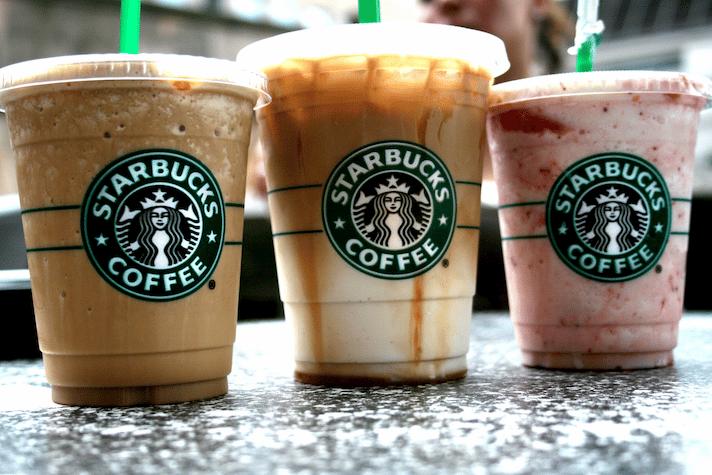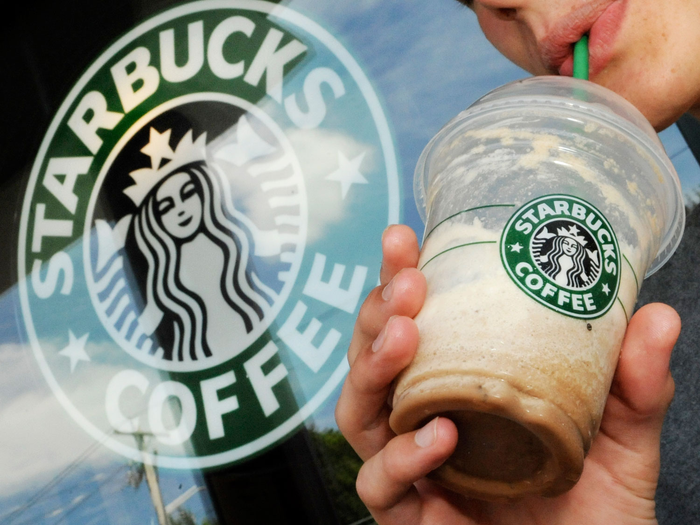A group of California residents has filed a lawsuit against Starbucks, accusing the coffee chain of discrimination against lactose-intolerant customers.
The $5 million class action lawsuit represents three women who allege that Starbucks violates the Americans with Disabilities Act (ADA) by charging more for nondairy milk options.
Maria Bolliger, Dawn Miller, and Shunda Smith claim that Starbucks adds a surcharge to alternatives like oats, almonds, coconut, and soy milk, which can cost up to 90 cents more in expensive cities such as San Francisco and New York City.
The lawsuit argues that Starbucks charges extra for these options even though the costs of milk alternatives are comparable to regular milk.
The plaintiffs state that they end up paying between 50 and 80 cents more on their orders to substitute regular milk with a non-dairy option. According to the lawsuit, dairy products like whole milk, half & half, and heavy cream are priced lower per fluid ounce compared to soy, coconut, almond, and oat milk.
The ADA defines lactose intolerance as a disability that affects millions of Americans, causing digestive issues and other symptoms. The plaintiffs’ attorney, Keith Gibson, argues that Starbucks’ surcharge for nondairy milk options is discriminatory against lactose-intolerant individuals.

Gibson points out that Starbucks offers oat milk and almond milk but does not provide these alternatives to customers without an additional charge. He argues that for lactose-intolerant people, nondairy milk is not a choice but a necessity, and charging extra for it is discriminatory.
Related Articles:
- HIV Prevention Meds Available Without Prescription: Governor Newsom’s Decision
- Local Teen’s Battle with Lyme Disease: A Warning for Others
- Campaign: Newsom in South Carolina, Nevada for Biden-Harris
Starbucks responded to the lawsuit, stating that customers can add up to four ounces of nondairy milk to their beverages at no additional cost in US stores.
Starbucks Rewards members can also redeem points to substitute nondairy milk in beverages. However, customers can choose to customize their beverages with nondairy milk for an extra charge, similar to other customizations like extra espresso shots or syrups.
The outcome of the lawsuit could have significant implications for how businesses accommodate customers with dietary restrictions or disabilities.















+ There are no comments
Add yours